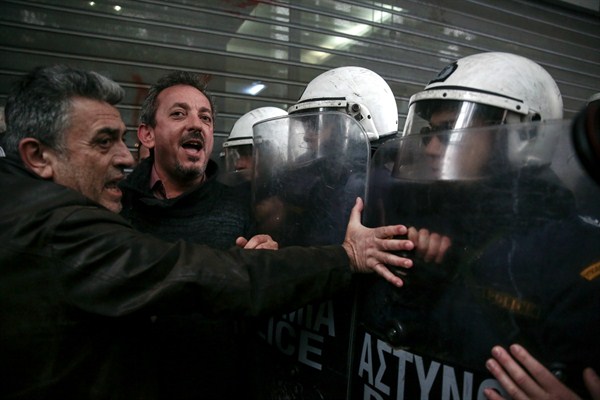Editor’s note: This article is part of an ongoing WPR series about workers’ rights in various countries around the world.
Throughout Greece’s economic crisis, workers’ rights have been a sticking point in bailout negotiations, with creditors pushing for reforms that increase flexibility in the labor market. In an email interview, Dimitri A. Sotiropoulos, an associate professor of political science at the University of Athens, discusses how the crisis has affected workers’ rights, what further reforms might be on the way and the extent to which the actions of organized labor have been helpful or harmful.
WPR: What has been the legal and actual status of workers’ rights in Greece historically, and how has that been affected by the sovereign debt crisis?

